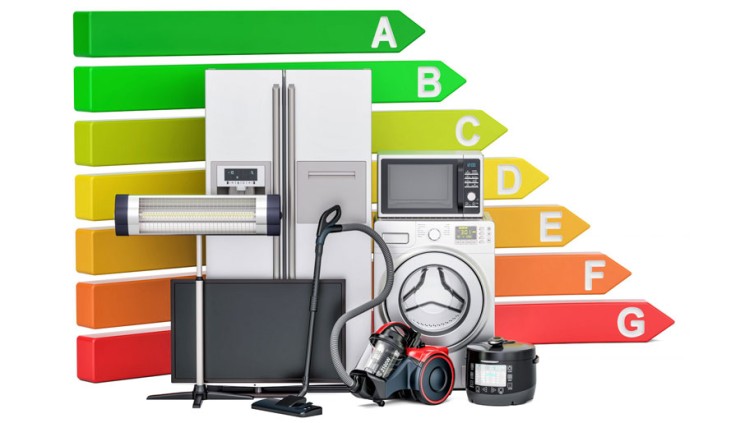How Regular Appliance Maintenance Can Save You Money
How Regular Appliance Maintenance Can Save You MoneyYour home appliances are valuable investments that you rely on daily. But like...

In today’s world, energy efficiency is a top priority for homeowners looking to reduce both their carbon footprint and utility bills. Home appliances like refrigerators, washing machines, and ovens account for a significant portion of energy consumption. By making a few adjustments and following some best practices, you can optimize the efficiency of your appliances and save money in the process.
In this blog, we’ll cover practical energy-saving tips for your home appliances that will help reduce energy consumption while keeping your household running smoothly.
1. Choose Energy-Efficient Appliances
When purchasing new appliances, look for the Energy Star label or similar certifications. Energy-efficient models consume less electricity while providing the same level of performance as standard appliances. Though they may cost a bit more upfront, the energy savings over time will offset the initial investment.
2. Maintain Your Appliances Regularly
Regular maintenance is key to keeping appliances running efficiently.
3. Optimize Appliance Settings
Many home appliances have adjustable settings that can help reduce energy consumption.
4. Use Appliances During Off-Peak Hours
Many energy providers offer lower rates during off-peak hours. Running your washing machine, dishwasher, or dryer in the evening or early morning can help save on energy costs.
5. Avoid Overloading Appliances
Overloading appliances like washing machines or dishwashers can reduce their efficiency. Not only do they use more energy to handle the excess load, but they also may not clean or perform as well, leading to repeated cycles.
6. Unplug Idle Appliances
Appliances continue to draw power even when turned off but plugged in, a phenomenon known as phantom energy or vampire energy. Unplug devices like microwaves, toasters, and coffee makers when not in use.
7. Air-Dry Dishes and Clothes
Instead of using the drying cycles on your dishwasher or clothes dryer, try air drying to save energy.
8. Keep Appliances Full, But Not Overstuffed
Appliances like refrigerators, freezers, and dishwashers work more efficiently when they are full because they retain cold or hot air better. However, overcrowding can block air circulation and make the appliance work harder.
9. Upgrade to Smart Appliances
Smart appliances can be programmed to run at optimal times or alert you when maintenance is needed. Many smart thermostats can learn your routine and automatically adjust temperatures, saving energy when you’re not at home.
Conclusion
Reducing energy consumption in your home doesn’t require major investments or drastic lifestyle changes. With a few adjustments to how you use and maintain your appliances, you can significantly cut energy usage and lower your utility bills. Simple actions like cleaning filters, using eco-friendly settings, and unplugging idle appliances can have a big impact over time.
Call Us for Energy-Efficient Appliance Solutions
At Erik Appliance Repair man, we offer a range of energy-efficient appliances and expert advice on maintaining and optimizing your home’s efficiency. Contact us today to learn how we can help you reduce energy costs and improve your appliance performance.
Energy Efficiency Tips for Home Appliances
Post Your Comments